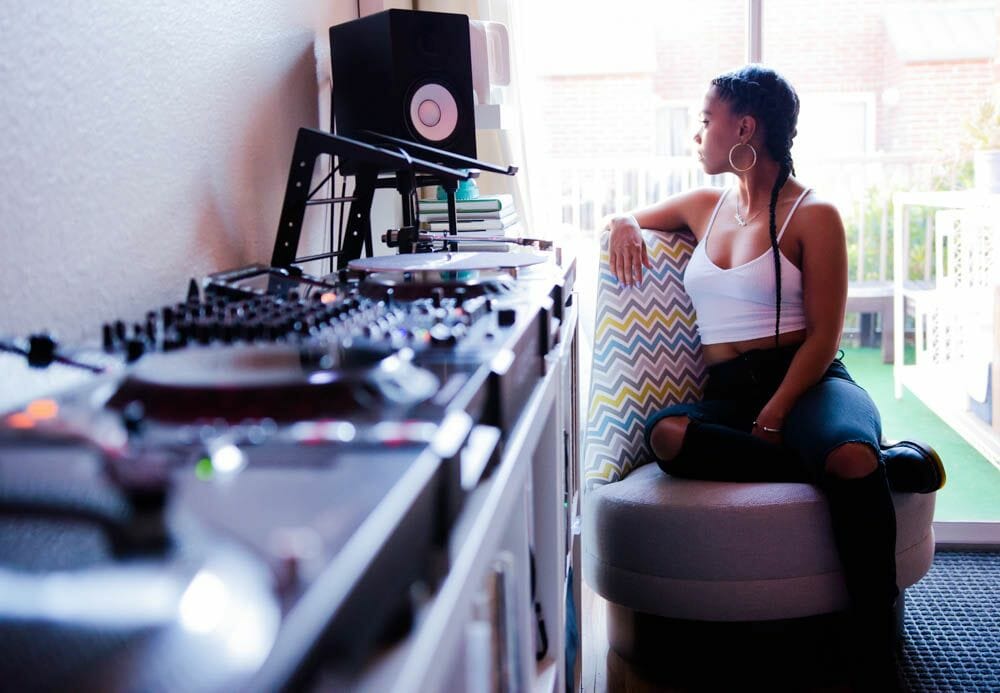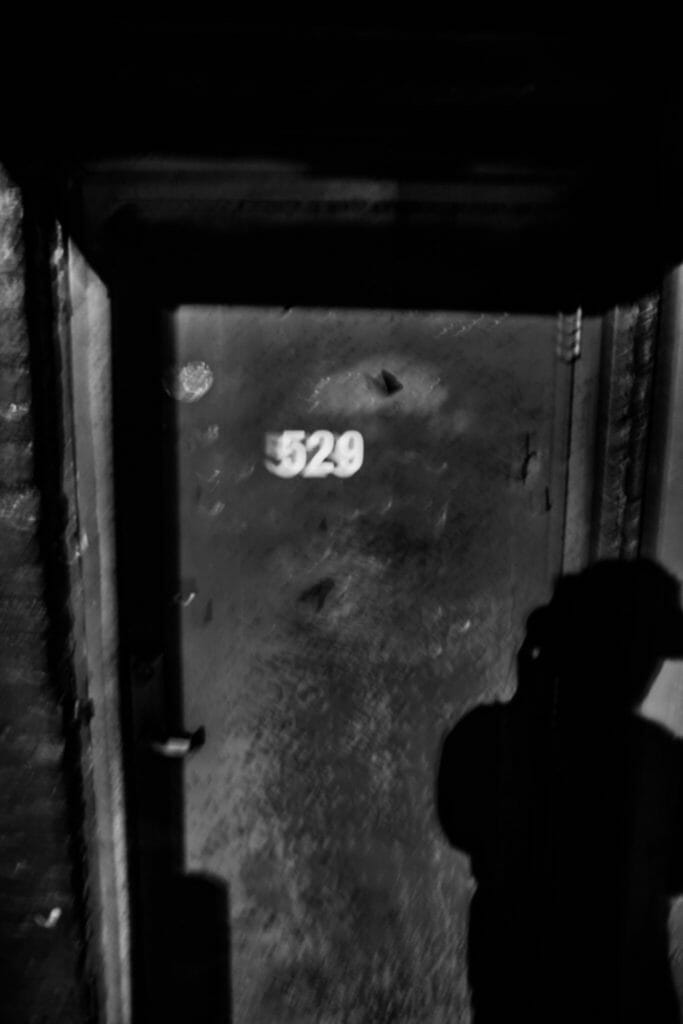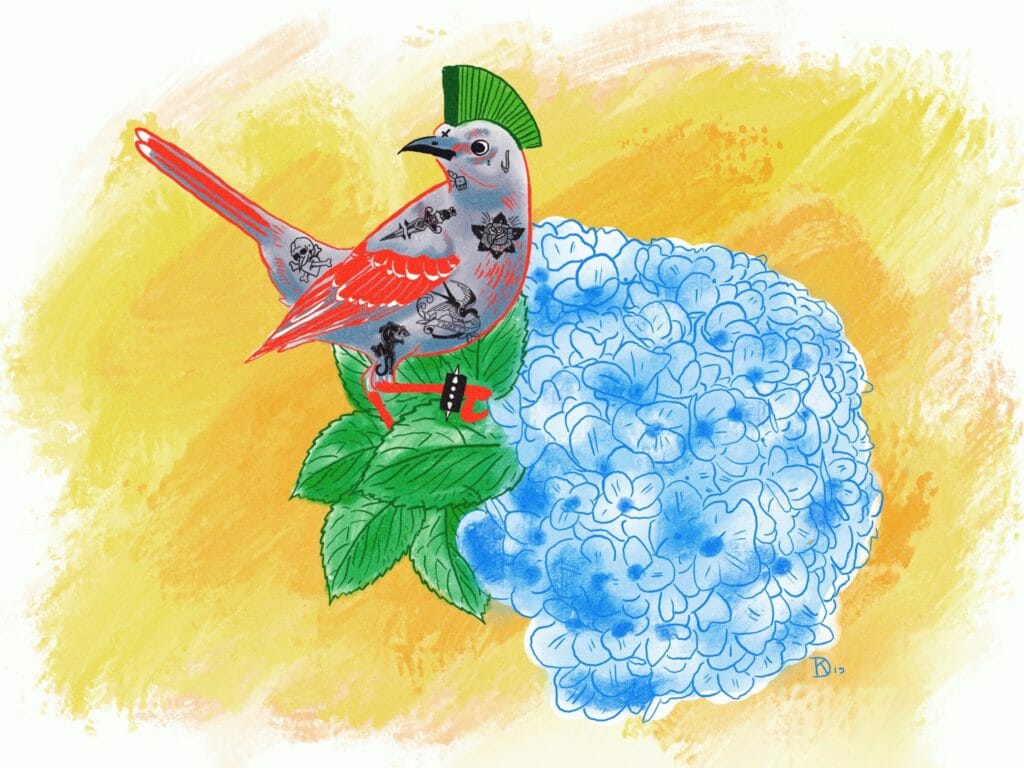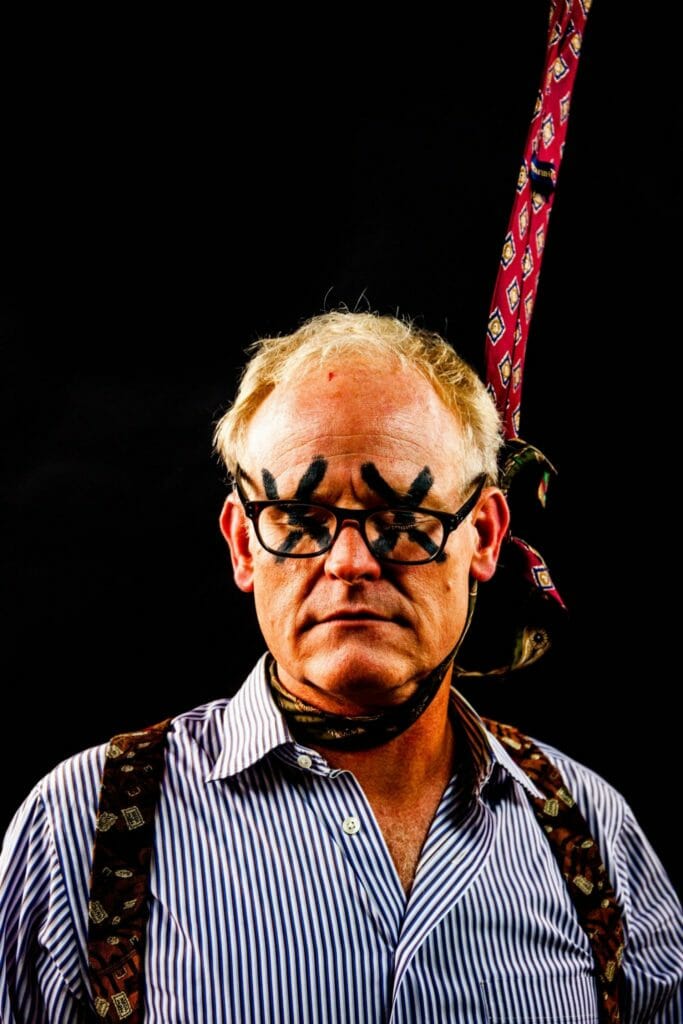
In these times, it feels more and more apparent that communities need to organize and bring voices to those who have been traditionally kept silent. In the midst of the Black Lives Matter movement, the electronic music and dance community is beginning to face the realities of sexism and racism and grapple with its past. Just as people have been taking to the streets to make their voices heard, DJs and producers have been taking to their platforms during quarantines to bring to light the injustices minority DJs face in a largely white, Eurocentric industry.
Atlanta’s own Ash Lauryn has been a key presence in this movement, which started well before the deaths of George Floyd and Breonna Taylor. Originally from Detroit, Ash runs Underground and Black, a platform for her DJs sets, radio shows, events, interviews, and writings pertaining to the experience and amplification of Black DJs. She runs her own monthly NTS radio show and has contributed to Resident Advisor under the Underground and Black umbrella. Her mixes for Resident Advisor and Boiler Room showcase classic Chicago and Detroit staples like Ron Trent, Robert Hood, and Glenn Underground, as well as sounds from the newer waves of house and techno like Atlanta-based Stefan Ringer and Detroit’s Jay Daniel and Ladymonix.
Ash’s story in DJing runs deep in her Detroit roots, but it was in Atlanta where she got her first start and push. After moving to Atlanta in 2008, she began searching for house music outlets. Then, in 2010, she got word of House in the Park, a friend’s own house music festival held every Labor Day weekend in Atlanta.
“We marked our calendars,” she told us in an official interview. “We counted down. That’s when we met people like Kai (Alcé), and that was my introduction to the whole Atlanta [house music] scene. That actually was what inspired me to go back to [Detroit’s annual dance music festival] Movement.”
Ash and her sister started going to more parties and threw some events with Detroit and Chicago DJs like Rick Wilhite, K-Hand, and Hanna, but even while doing this, she never viewed it as an excuse to rub shoulders in the greater pursuit of becoming a DJ. For a while, she was creating her own mixes in her apartment and posted one on SoundCloud that got the attention of her neighbor, Vicki Powell, Atlanta queer dance luminary of Deep South Collective. In 2016, she was invited to open a Deep South event at Heretic on Cheshire Bridge.

“We were neighbors, more so associates,” Ash remembers of meeting Powell. “Not as close as we are now. But Vicki was the first person to book me for a gig. They invited me to open one Deep South event. I don’t think I was on the flier or anything. It was a test run, but it went so great that she ended up booking me officially for a second Deep South event. But right after the second one I did, she asked me to become a resident at Deep South.”
In taking the wheel and pressing the gas, Ash was inspired by her heroes, but noticed a clear void existing in this current generation of DJs.
“We have all these great heroes like Juan Atkins, Derrick May, and K-Hand,” she explains, “but they were getting up there in age. I was wondering, where are the next up-and-coming Black DJs? Also, me being a woman was an inspiration, because there weren’t a lot of women involved, either. We needed some new heroes to look up to.”
This void was further fuel to set her on a path. Going forward, Ash was able to build a greater sense of direction in her advancement in a field where young Black women were widely underrepresented. In 2017, she started Underground and Black, where she was able to host events under her name and allowed for an NTS show. In her sets, she plays roughly 90% Black artists and moves through different generations of dance music.
But it’s not just house and techno. Ash also delves into hip hop, soul, R&B, and jazz. Dance music can often be rigidly segmented and defined by barriers and tropes, but Ash’s show combines the elements and connects the dots.
“It’s all very connected,” she says. “Especially in electronic music. Jazz and electronic are hand-in-hand in a lot of ways.” This interweaving of genres is not unlike Detroit’s Electrifying Mojo, who gave radio play to early techno artists like Juan Atkins and Derrick May and would play everything from Prince to Parliament to Kraftwerk.
Producer and critic DeForrest Brown, Jr., has made calls for Black Counter Culture to move away from white-dominated platforms, structures, and conversations.
“I agree, but who is actually willing to truly do it?” she asks. “[Underground and Black has] been talking about it, but I haven’t seen anyone take action. That’s what I’ve been focusing on; trying to curate events, meetings, talks between Black people in the community and in dance music that might consider themselves leaders or are interested. To have some dialogue amongst us to see where we are moving forward. We need more Black writers, Black booking agents, Black booking agencies, Black-owned clubs. It’s not just about Black talent, but it’s these ‘behind the scenes’ roles that are also important, which has always made me want to be more than a DJ.”
As with most movements, there is a need for leaders who can guide others forward. By being a voice in the front, Ash Lauryn is stepping into that role, and it’s seemingly a natural fit. It runs in her blood; her grandmother was a respected writer and editor for the Michigan Chronicle, a Black-owned newspaper that serves the community in Detroit.
Ash wants to be a guide and influence in the community just like those experiences she had working with other Atlanta DJs like Vicki Powell and Kai Alcé. DJs can sometimes be guarded about sharing their knowledge and techniques, while others can welcome others with open arms.
“I want to be a mentor as much as I can,” Ash says. “Not be closed to sharing knowledge and being open, especially in the Black community. A part of dismantling all the bullshit is sticking together as well.”
Equally prevalent as it’s important for these conversations to exist within the Black community, there has been a confusion when it comes to the history and origins of the music mass audiences and clubbers enjoy. Some are almost offended by mere mentioning of the fact that electronic music, especially techno, originated in the Black community. But now, whether it be on Twitter, festival panels, or documentaries, the music’s story is beginning to be reclaimed by the people and places that gave it life.
“People take the term ‘Black music’ out of context,” Ash continues. “It’s so frustrating. It doesn’t mean nobody else can listen to it. It means it was birthed in our community. Also, when you’re a part of a culture that has a history of everything being taken and appropriate from you. It’s important to us to claim these things.”
As more news continues to unfold in the United States of further police brutalities, the people have clapped back in a resounding force that’s taken shape in the dislodging of slave holder statues in the U.S. and the UK, along with worldwide marches and protests. Clubs, promoters, DJs, and producers began to make statements of solidarity and support of Black Lives Matter and the dismantling of the racist structures they currently inhabit. Ash walks a tough line being in the middle of these institutions, such as working with Resident Advisor on some features.
“I think we are making good progress now, but it’s hard for me to not be skeptical,” she admits when discussing her personal perception of these public statements and actions by the very people she has worked with or was planning to. “Because we are only a few weeks into this. Only time will tell. We won’t know until it’s time to start booking again. I feel like we will see change because some of these people are afraid to get called the fuck out. I think a lot of people care, but I think there are some people that want to keep their brand looking good, keeping money coming in. Let us make our statement or our false-ass commitment, which I think we will see a lot of. But on a positive side, a lot of people are being held accountable. So that is the first step”
Prior to the COVID outbreak in the U.S., Ash had a European tour scheduled, including a gig at Panorama Bar in Berlin. But despite all shows being cancelled, she has garnered substantial support through her DJ streams, general donations, merch, and writing. With those contributions, she was able to put those funds back out to support others during the movement. In the wake of George Floyd, Breonna Taylor, and Ahmaud Arbery’s deaths, Club Quarantine approached Ash Lauryn to curate its site to Black artists, art, and culture. As the nationwide protests and calls to action continue, Ash’s curation of Black talent, mixes, stories, opinions, and resources is now a staple to the site to help further others’ education and exposure. On this past Juneteenth, Ash performed a live set for ICA Boston to further stretch her influence and skills in regards to DJing.
In the end, the music is what drives her. It’s what got Ash Lauryn into the place she is in, and it’s the groove that will move her forward.
“Even before writing, music is still first for me,” she says. “DJing and my DJ career — that’s what I’m most passionate about. Being able to do everything that you love is blessing. It was never really a doubt what work I wanted to do.”




